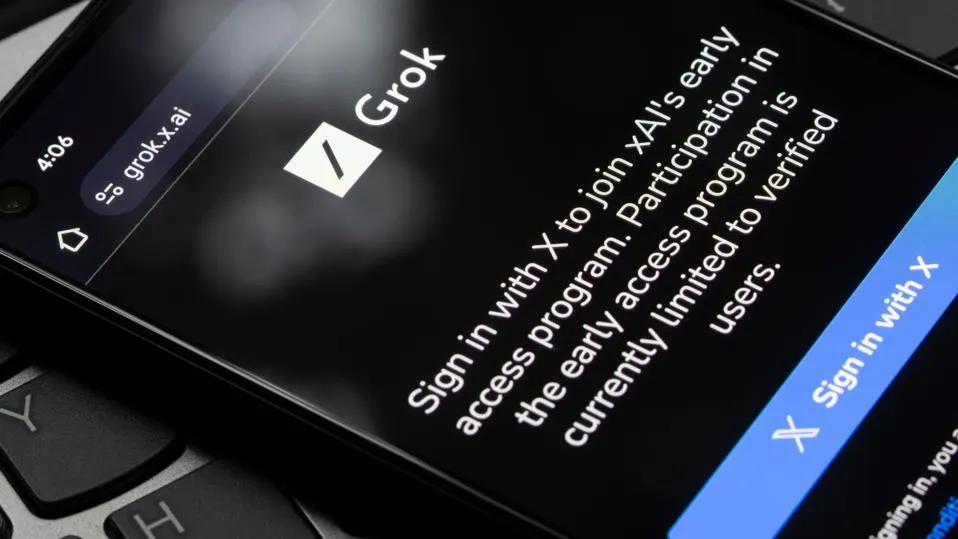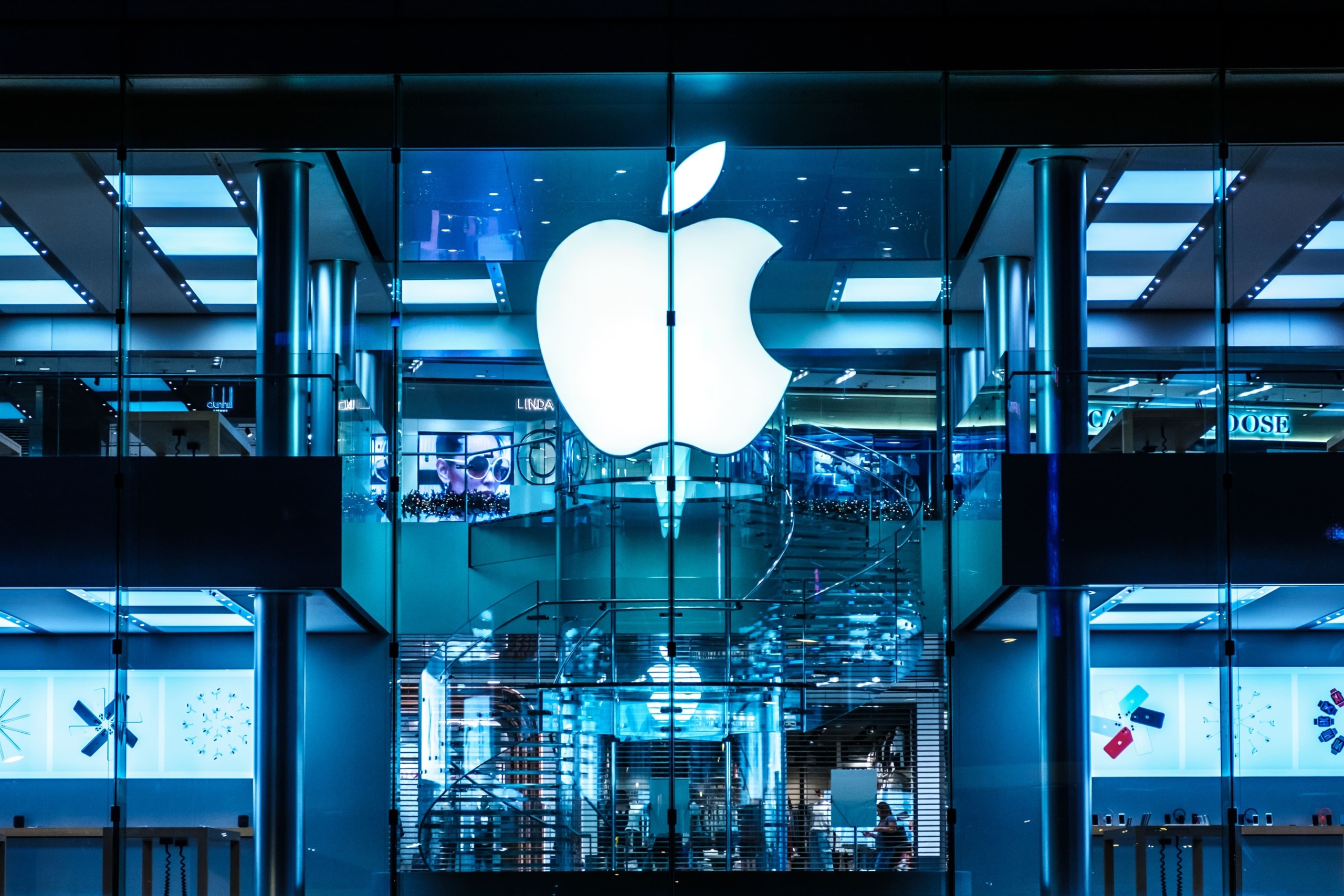What Is A Data Passport: Building Trust, Data Privacy And Security In The Cloud
2 July 2021
Data privacy is one of the most critical elements of business today — and also one of the most challenging. Sixty percent of businesses reported they suffered a data breach caused by a vendor or third party in 2018, and according to Gemalto, more than 6 million records are lost or stolen every day.

That represents a huge problem for businesses, especially in highly regulated and sensitive industries like banking. Governments around the world are starting to take notice, and new policies in Europe and elsewhere are beginning to take effect that require businesses to be more accountable for data breaches and more proactive about privacy and security.
That’s why several companies have introduced data passports as a way to protect data in the cloud and in transit.
What is a data passport?
Data passport technology is based on classic mainframe technology, which today, can include full encryption of your data, to ensure that every piece of data is encrypted. When each piece of data is encrypted, even if it is stolen, it can’t be used.
Data passports allow you to extend the encryption technology that used to be only available on a physical mainframe to cloud computing. Each piece of data in the cloud has a passport assigned to it, and with the passport, you can verify if the data is misused, if the passport is still valid, etc.
These data passports also give companies the ability to protect data and revoke access to it at any time, across a multi-cloud environment. Because the data carries its passport — and its encryption — with it, it will help enterprises secure their data wherever it travels.
And that’s the most significant development that makes data passports so unique and important: the protection and enforcement of data privacy and security are available on and off any given platform as it travels with the data.
Why does data need a passport?
One of the biggest problems with data security is that so much of our computing these days takes place not in a physical mainframe, but in the cloud.
It used to be that data thieves might have to break into a physical space to steal hard drives or mainframes in order to steal data. Not any more.
With more and more computing of all kind taking place in the cloud, that data can become extremely vulnerable. In fact, the movement of data between parties, through the cloud, is its most vulnerable point, and with the growing use of multi-cloud environments, the problem is only exacerbated.
Imagine a single piece of information that must be transmitted from Company A to Company B. Company A knows that its servers are secure, and Company B feels like its data is also secure. But what about the “space” in between?
Data passports allow the data to carry its own encryption with it, so that even if it is intercepted, it’s useless. This is extremely valuable for companies and industries that transmit data in multi-cloud environments, and will be especially useful in highly regulated industries like banking and insurance.
Data passports are the future
Encryption everywhere is the watchword right now for industry experts and analysts, and data passports are the technology that will help make that happen.
This technology is new, but experts believe that it will become a new standard for privacy and security in any industry that collects, uses, and transmits data — which is practically any industry in the world today.
This kind of total encryption available with a data passport should also increase consumer trust, and help companies repair any damage that may have been done to their reputations in the past through data breaches and losses.
To learn more, have a look at my conversation with Ivo Koerner from IBM, in which we discuss the concept and importance of data passports:
Related Articles
20 Generative AI Tools For Creating Synthetic Data
The AI revolution that we’re currently living through is a direct result of the explosion in the amount of data that’s available to be mined and analyzed for insights.[...]
How To Tell Reality From Fiction Amid The AI-Driven Truth Crisis
The artificial intelligence narrative swings between utopian dreams and dystopian nightmares, often overshadowing the nuanced reality of its current capabilities and limitations.[...]
7 Ways To Turn The ‘Bring Your Own AI’ Threat Into An Opportunity
As AI tools become increasingly accessible, companies face a new trend: BYOAI, or bring your own AI.[...]
AI Gone Wild: How Grok-2 Is Pushing The Boundaries Of Ethics And Innovation
As AI continues to evolve at breakneck speed, Elon Musk's latest creation, Grok-2, is making waves in the tech world.[...]
Apple’s New AI Revolution: Why ‘Apple Intelligence’ Could Change Everything
Apple's announcement of 'Apple Intelligence' marks a seismic shift in how we interact with our devices.[...]
Why AI Models Are Collapsing And What It Means For The Future Of Technology
Artificial intelligence has revolutionized everything from customer service to content creation, giving us tools like ChatGPT and Google Gemini, which can generate human-like text or images with remarkable accuracy.[...]
Sign up to Stay in Touch!
Bernard Marr is a world-renowned futurist, influencer and thought leader in the fields of business and technology, with a passion for using technology for the good of humanity.
He is a best-selling author of over 20 books, writes a regular column for Forbes and advises and coaches many of the world’s best-known organisations.
He has a combined following of 4 million people across his social media channels and newsletters and was ranked by LinkedIn as one of the top 5 business influencers in the world.
Bernard’s latest book is ‘Generative AI in Practice’.










Social Media